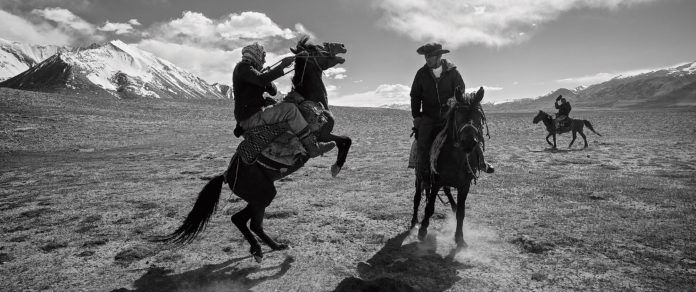[ad_1]
As people go, Levison Wood has experienced more than most. Having travelled the world extensively, first as a Major in the British Army, then as an author, photographer, documentarian and explorer, it’s fair to say he has seen both the best and worst our planet has to offer.
It is this Wood explores in his latest book: Encounters: A Photographic Journey. Bringing together 140 of his most striking photos, selected from over a decade on the road, it offers a stunning portrait of the vastly different places, people and lives the world contains – and which most of us will never see.
More than simply a travelogue or chronology of one man’s adventures, Encounters sets out to show how, despite their differences, there are similarities and a connectedness between people all over the globe. “I see my photography as part of a wider method of storytelling,” Wood explains. “My style of reportage, if one can call it that, has always been raw, unfiltered and often chaotic. I try to express a whole story within the image by framing the subject – a human being – against a backdrop of either their own making, or the environment in which they are inextricably embedded. I rely less on technicality than a strong and powerful setting.”
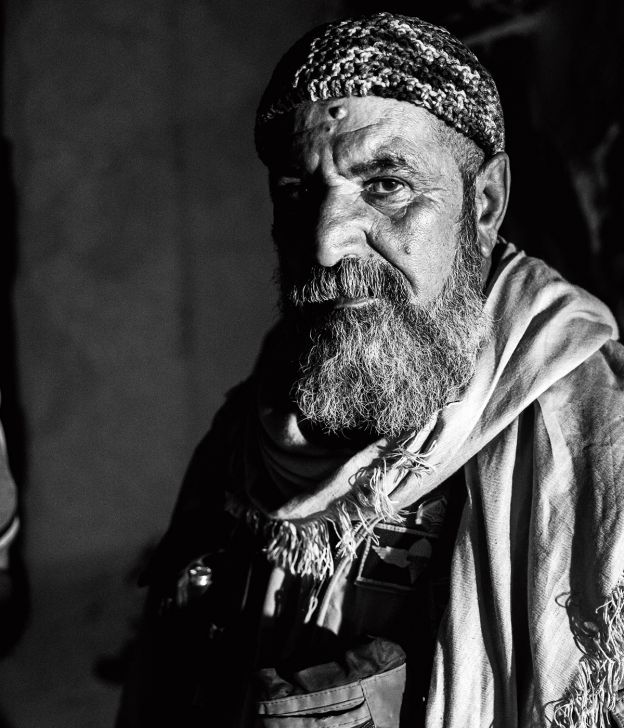
As such, Encounters is split into four intertwining narratives: Frontier, Conflict, Heritage and Community. These categories see the book’s tale move from remote and isolated terrains barely touched by human hand – mountainous gorges in Pakistan, cattle camps in South Sudan and the frozen forests of Siberia – to those indelibly scarred by the marks of war and human devastation. Powerful images of bombed Iraqi mosques, protesters on the West Bank and child soldiers in the Democratic Republic of the Congo abound.
And while, in isolation, these images can seem grisly and nonsensically violent, much of what is presented in these conflicts can be explained in the next chapter of the tale: Heritage. As Wood explains, “Heritage and culture are made up of ways of life that have become sanctified and revered. Often these traditions and practices are to be protected, encouraged and held dear, but culture can manifest itself in both benign and dangerous ways. Many are difficult for an outsider to understand.”
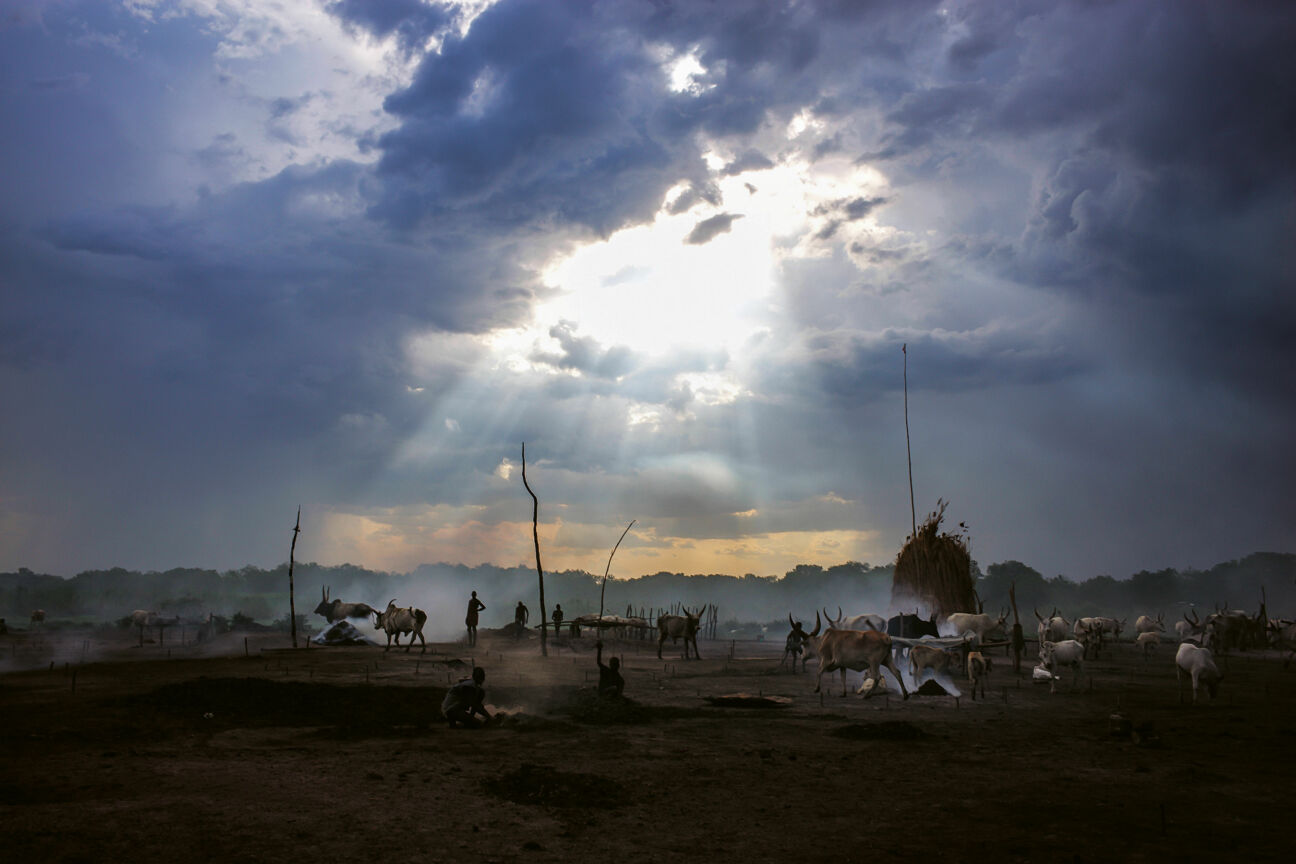
Edited with the intent of offering some small insight into the lives and norms of other cultures, Wood encourages an open-mindedness that is simultaneously more important than ever and increasingly disrespected. With a focus on smaller, lesser-known communities, there are illustrations of the last remaining Jibbali people determined to hold on to their isolated lives in the Omani mountains, metalsmiths in Azerbaijan who have maintained the same craftsmanship and techniques since the 1700s and the Maasai and Samburu people of Kenya, who have cherry picked modern conveniences (such as mobile phones) while largely retaining their tribal way of life.
In its final phase, Encounters examines what it means to be part of the human community – at a local, regional, national and global level – and the consequences when these communities come under threat. “Many of the examples of community I have chosen to represent in this chapter belong to groups that have managed to resist the march of globalisation more than most, whether deliberately or not,” says Wood. “Even the subtlest changes to culture and community can have knock-on effects for those who adhere to a particular way of life. Age-old connections have never been more vulnerable, and the old ways are under pressure from the new. But in these times of change, community has become more important than ever, both on a local and a global scale.”
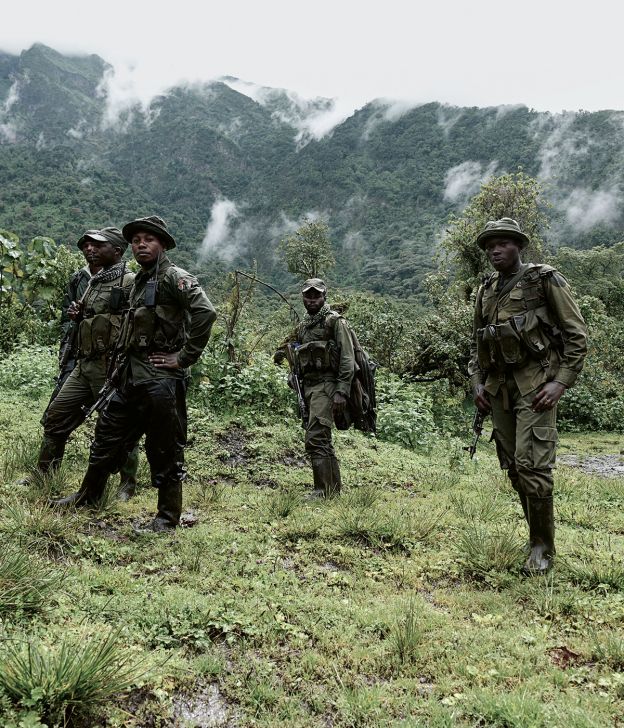
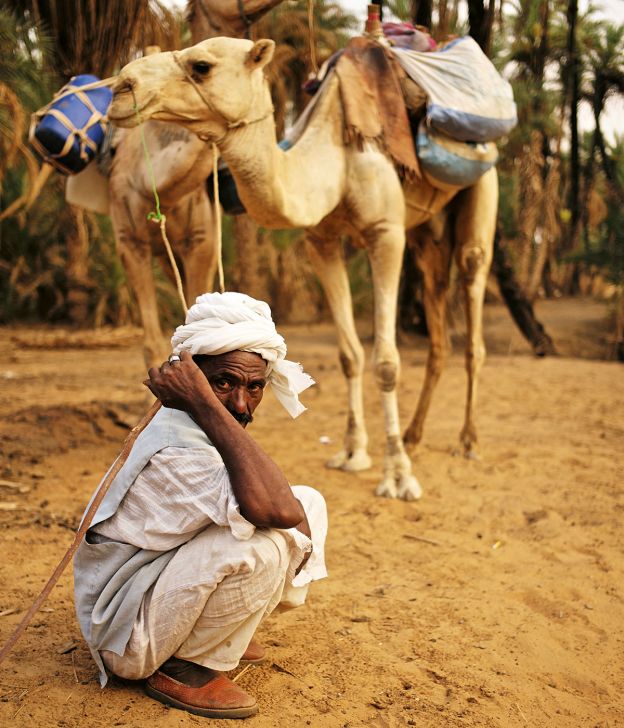
The chapter is also, says Wood, a thank you to the individuals, families and communities who have welcomed and helped him on his journeys. The Nubian people of Sudan, for example, who were always forthcoming with a meal and a place to stay or the Arsenal-supporting Botswanan chief who shared stories of his village around a campfire while checking the football scores on his phone.
“I have always been amazed by the welcome that I have so often received, and how close-knit communities have opened themselves up to my presence with generosity and kindness,” concludes Wood. “Very rarely have my requests for help, food or shelter been met with rejection, and it has often made me wonder about communities at home in the UK: how would we react to the presence of a stranger knocking on the door and asking for a bed or a meal?”
Encounters: A Photographic Journey is out now with Octopus Books.
You’ve never met a gentleman like Levison Wood…
[ad_2]



